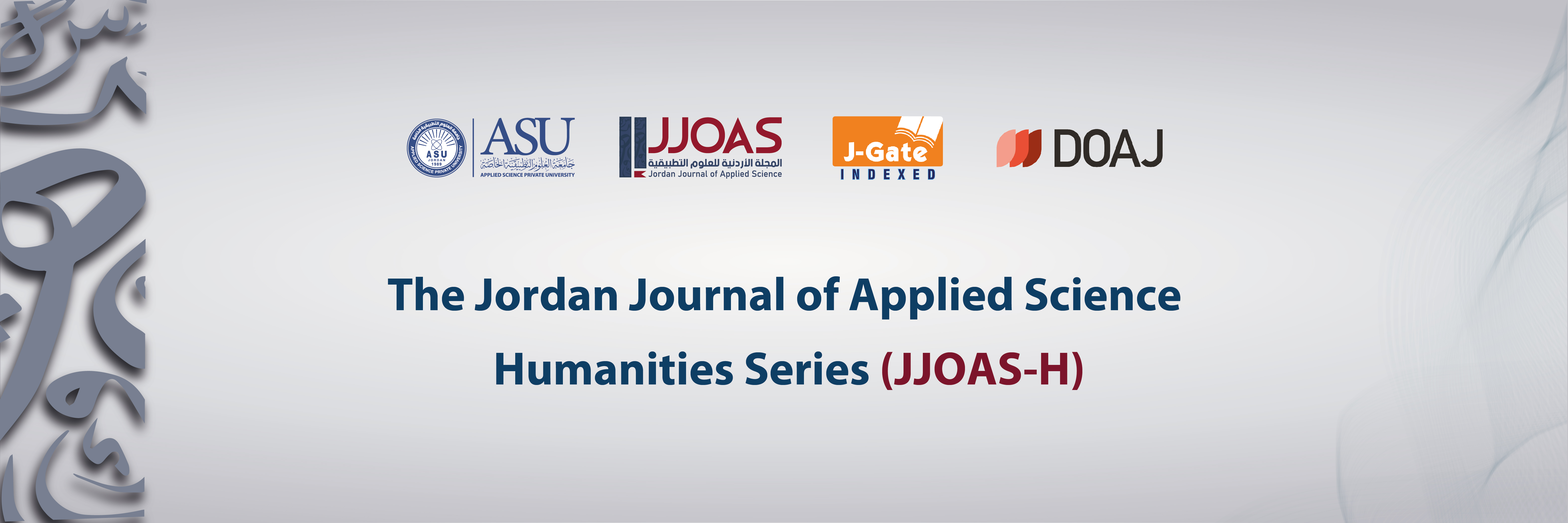
DOI
https://doi.org/10.35192/jjoas-h.v36i1.495
Abstract
This study aimed to compare the reliability coefficients of tests with dichotomous and polytomous items according to Classical Test Theory and Generalizability Theory. To achieve this, a compound mathematics ability test was developed in two formats: dichotomous and polytomous, using five estimation methods: Alpha (α), Theta (θ), Raju (G), and Phi (φ). Each test format comprised 30 items designed to assess students' abilities in numbers, algebra, geometry, and statistics, with a sample of 300 students.
Reliability coefficients for the dichotomous items, estimated using Classical Theory, were as follows: α = 0.87, θ = 0.85, and Raju = 0.86. For Generalizability Theory, the coefficients were: G = 0.87 and φ = 0.86. In contrast, reliability coefficients for the polytomous items, according to Classical Theory, were: α = 0.95, θ = 0.92, and Raju = 0.93; for Generalizability Theory, they were G = 0.95 and φ = 0.94.
Comparison results using the Cochran test and the signal-to-noise ratio test indicated a significant difference at α = 0.05, favoring the polytomous format for reliability. Additionally, the findings demonstrated a preference for Generalizability Theory over Classical Theory in estimating reliability coefficients.
Recommended Citation
Al-Gharaibh, Abdal hadi and bani Ahmad, Ahmad
(2023)
"Estimating Reliability of Tests with Dichotomous and Polytomous Items According to Classical Measurement Theory and Generalizability Theory: A Comparative Study,"
Jordan Journal of Applied Science-Humanities Series: Vol. 36:
Iss.
1, Article 8.
DOI: https://doi.org/10.35192/jjoas-h.v36i1.495
Available at:
https://digitalcommons.aaru.edu.jo/jjoas-h/vol36/iss1/8
Included in
© 2023 by the author(s). This is an open-access article distributed under the terms of the CC BY 4.0 Attribution license.

